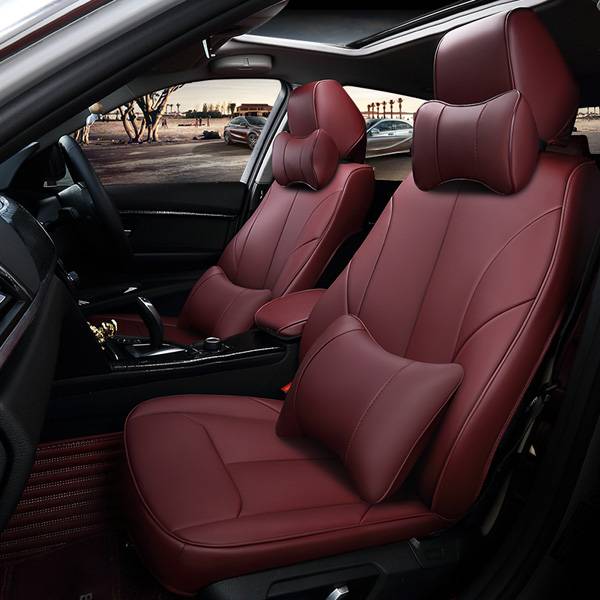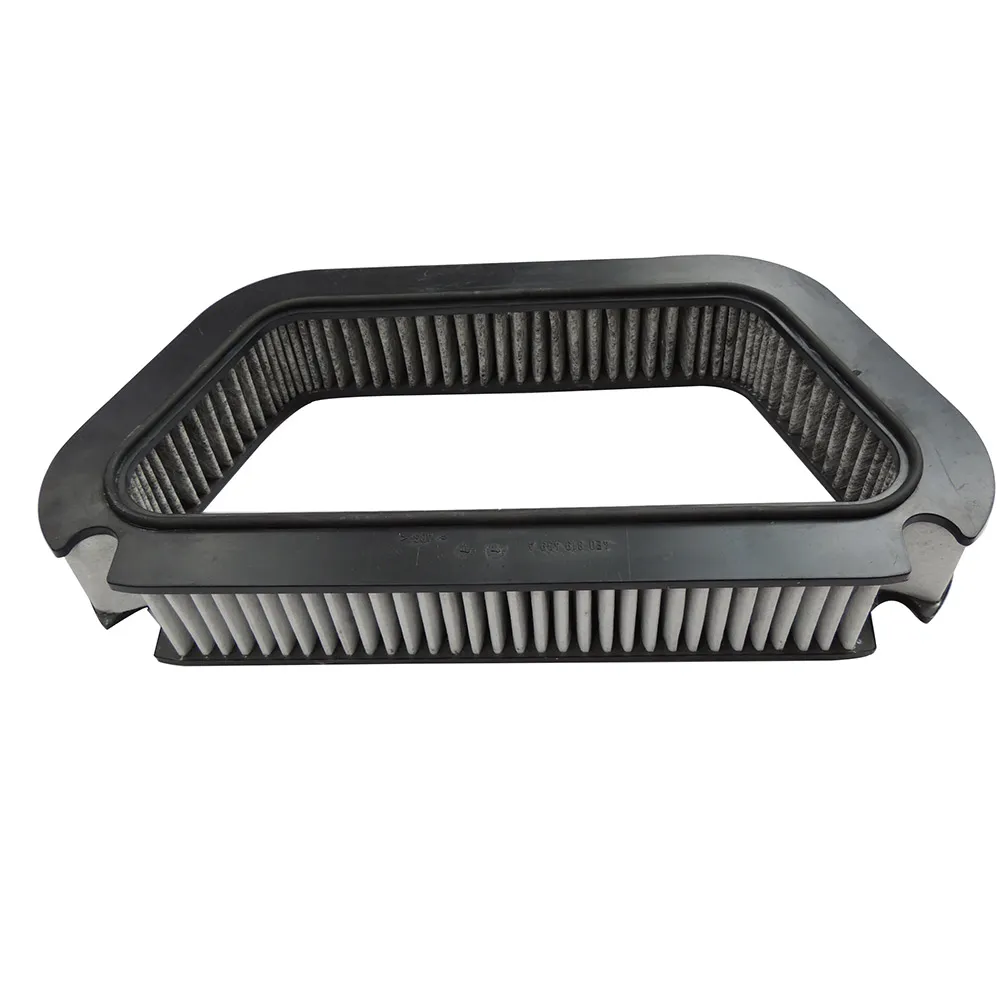
- Introduction to car engine air filter price
: importance and key factors - Breaking down engine air filter price across various vehicle segments
- Technical advantages of modern air filters for car engines
- Comparative analysis: leading manufacturers and their pricing strategies
- Understanding the distinction: engine air filter price vs. engine oil filter price
- Customization options and cost optimization in air filter procurement
- Case studies illustrating value and impact of the right engine air and oil filter choices

(car engine air filter price)
Understanding Car Engine Air Filter Price: Value, Quality, and Performance
The car engine air filter price is influenced by a complex network of elements including vehicle make and model, material quality, brand reputation, and technological features. On the surface, the filter appears to be a straightforward automotive component, but its role and impact on engine health, performance, and longevity are significant.
Studies show that a contaminated air filter can reduce fuel economy by up to 10%, directly affecting operational costs. According to 2023 market data, prices for standard replacement filters range from $12 to $45, while performance-oriented or OEM-specific filters can reach $80 or more. The global automotive air filter market exceeded $5.2 billion in 2022, with projections indicating a CAGR of 6.1% through 2027.
The cost variations stem from advanced materials (such as HEPA or carbon-activated media), precise engineering tolerances, and the ability to filter particles as small as 5 microns. Such features ensure optimal air-to-fuel ratio, improved engine efficiency, and compliance with strict environmental standards. Thus, the final price represents an intersection of quality, durability, and technology, rather than a mere consumable part expense.
Engine Air Filter Price Distribution Across Vehicle Categories
When evaluating the engine air filter price, it’s essential to recognize segmentation by vehicle type. Passenger cars, light commercial vehicles, and heavy-duty trucks each require filters tailored to their specific engine demands.
Compact and subcompact vehicles typically utilize straightforward paper or non-woven fiber filters, with pricing from $10 to $25. For mid-size sedans and SUVs, the need for higher airflow and protection raises costs to $25-$45. High-performance vehicles and luxury models often employ multi-layered, washable, or performance-graded filters, often priced between $40 and $80.
In the commercial and trucking segment, robust filtration capable of withstanding harsh operating conditions leads to air filter prices ranging from $40 for standard varieties to above $120 for proprietary or oversized applications.
The table below highlights a snapshot of common price brackets:
| Vehicle Type | Average Air Filter Price | Average Replacement Interval (miles) |
|---|---|---|
| Compact/City Cars | $10 - $25 | 15,000 - 20,000 |
| Sedans/SUVs | $25 - $45 | 15,000 - 20,000 |
| Performance/Luxury Cars | $40 - $80 | 12,000 - 15,000 |
| Light Trucks | $30 - $60 | 20,000 - 25,000 |
| Heavy-Duty Trucks | $60 - $120 | 25,000 - 35,000 |
Advanced Features and Technical Advantages of Modern Engine Air Filters
The evolution in automotive technology has transformed the air filter from a basic dust trap into a sophisticated, high-performance component. Leading brands invest heavily in research and development to introduce filters that not only capture more pollutants but also maintain or even enhance air flow.
Key technical advancements include:
- Multi-stage filtration using electrostatic fibers or NanoWeb technology, capable of capturing particles down to 3-5 microns
- Reusable washable materials, reducing long-term ownership cost by up to 50%
- Improved pleat geometry for higher dust-holding capacity and consistent performance over time
- Integrated anti-microbial coatings and odor-elimination capabilities
- Optimized fit and minimal airflow resistance to support high-output engines
Comparative Manufacturer Analysis: Quality, Performance & Price
The global air filter landscape is dominated by several key manufacturers, each offering unique blends of price points, technical specifications, and warranty support. Below is a direct comparison among leading OEM and aftermarket brands, based on 2024 industry benchmarks:
| Brand | Filter Type | Median Air Filter Price | Filtration Efficiency | Warranty |
|---|---|---|---|---|
| Bosch | High-efficiency paper | $28 | 98.5% @ 5 microns | 12 months |
| Mann-Filter | HEPA/cotton hybrid | $45 | 99.2% @ 3 microns | 24 months |
| K&N | Reusable cotton | $67 | 97.8% @ 5 microns | 10 years/Million miles |
| Fram | Standard paper | $22 | 96.6% @ 5 microns | 12 months |
| ACDelco | OEM paper | $34 | 97.2% @ 5 microns | 18 months |
Differentiating Between Engine Air Filter Price and Engine Oil Filter Price
While both components are essential for vehicle longevity, understanding the distinction in pricing and functional roles between engine air filters and engine oil filters is crucial.
Engine air filters protect the air intake by trapping particulate matter before it enters the combustion chamber. In contrast, engine oil filters cleanse the engine oil by capturing contaminants produced through combustion and mechanical friction.
As of 2024, the average engine oil filter price ranges from $6 to $18, depending on vehicle type and filter technology. Higher-end oil filters with synthetic or extended-life media may command prices above $20. The lower average cost compared to air filters is a reflection of less complex construction and shorter replacement cycles (typically every 5,000 to 10,000 miles, versus 15,000 to 30,000 miles for air filters).
Vehicle owners often undervalue the importance of pairing high-quality air and oil filters. Industry data suggests that using premium filters for both applications can increase engine lifespan by up to 20% and decrease annual maintenance costs by $50 to $120 per vehicle.
Customization and Cost Optimization: Tailoring Engine Air Filter Solutions
For fleet operators, commercial users, or performance enthusiasts, customization of air filtration can lead to substantial improvement in both performance metrics and cost efficiency. Custom-tailored filters may be specified by dimensions, media type, and filtration efficiency according to precise operating conditions.
For example, customizing for off-road or dusty environments might prioritize increased pleat count and synthetic fibers to extend service intervals, potentially recouping higher up-front costs in fewer replacements over time. In performance applications, low-resistance, high-flow filters benefit acceleration without sacrificing protection.
Many manufacturers offer OEM-level customization at scale, reducing final engine air filter price by up to 20% per unit for bulk orders. For aftermarket or motorsport-oriented filters, price premiums are offset by gains in horsepower, throttle response, or unique materials (e.g., oiled cotton or foam composites).
Long-term, the optimal strategy balances initial outlay with replacement intervals, vehicle downtime, and specific performance goals.
Conclusion: The True Impact of Car Engine Air Filter Price on Vehicle Performance and Longevity
The car engine air filter price is not simply a line item but a reflection of engineering precision, evolving material science, and the value of sustained engine performance. Through careful selection—whether OEM, aftermarket, or custom-engineered—vehicle owners and fleet managers can secure measurable gains in efficiency, cost savings, and operational reliability.
Detailed data shows that consistent investment in both air and oil filter quality correlates with up to 15% improvement in vehicle operational efficiency and payback periods of less than 12 months in fleet scenarios.
Ultimately, understanding the nuances—whether through manufacturer comparison, technical specification, or custom applications—equips buyers to make informed decisions, maximizing the value-to-cost ratio and safeguarding long-term engine health.

(car engine air filter price)
FAQS on car engine air filter price
Q: What is the average car engine air filter price?
A: The average car engine air filter price ranges from $10 to $30. Prices can vary depending on the car model and filter brand. Always check your vehicle's manual for specific recommendations.Q: Are engine air filter prices different for various car models?
A: Yes, engine air filter prices differ depending on car model and engine type. Luxury and high-performance vehicles typically have more expensive filters. It's important to buy the right filter size for your car.Q: How does the engine air filter price compare to the engine oil filter price?
A: Engine oil filters are generally slightly cheaper than engine air filters. Oil filter prices typically range from $5 to $20. Air filters, in contrast, usually cost between $10 and $30.Q: Why do engine air filter prices vary so much?
A: Engine air filter prices vary based on material quality, brand, and vehicle compatibility. High-performance or premium filters can cost more. Labor costs may also affect total replacement price at a shop.Q: How can I find the best price for an engine air filter?
A: Compare prices online from trusted auto parts retailers and check local stores. Look for discounts, coupons, or bulk deals to save. Reading customer reviews can also help you find a good balance between price and quality.-
Vehicle Performance with Premium Car Filter SolutionsNewsJul.02,2025
-
Upgrade Engine Performance with Timely Air Filter MaintenanceNewsJul.02,2025
-
Optimize Vehicle Health with Timely Air Filter ReplacementNewsJul.02,2025
-
Every Drive with Next-Level Car Filtration SystemsNewsJul.02,2025
-
Driving Comfort with Advanced Air Filtration SystemsNewsJul.02,2025
-
Cleaner with Next-Generation Automotive Air FiltrationNewsJul.02,2025
-
The Importance of Cabin Filter and Engine Filter: The Role and Maintenance of Cabin Filter and Engine FilterNewsJun.25,2025
Related Products




